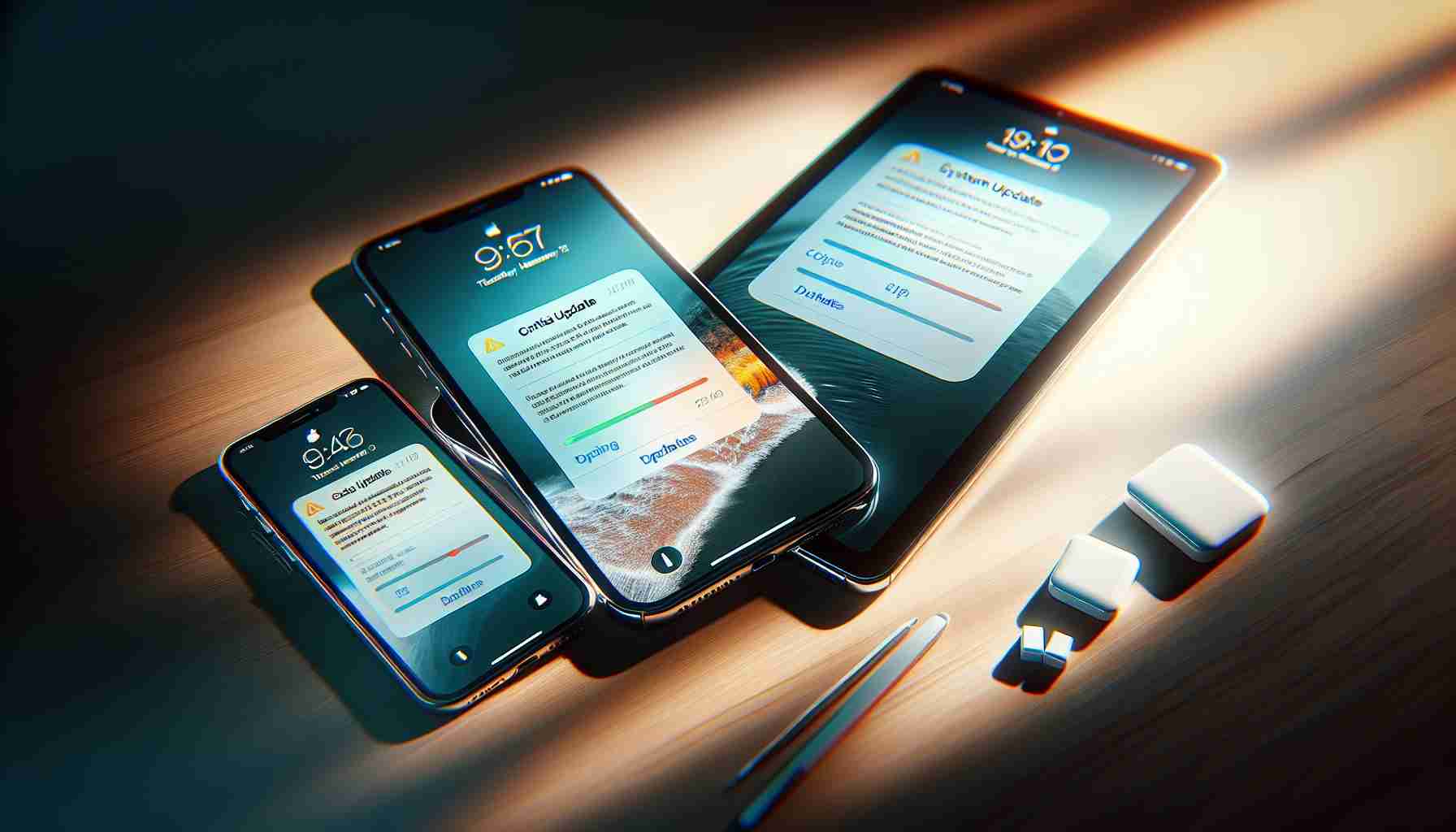Apple has fortified the defenses of its legacy devices by extending critical security updates to certain older iPhones and iPads, reinforcing their resilience against a known iOS Kernel vulnerability that was previously reported as being actively exploited. The particular flaw, a memory corruption issue within the RTKit real-time operating system, could allow attackers to manipulate kernel memory.
On March 5th, the tech giant first remediated the zero-day vulnerability, identified as CVE-2024-23296, for its recent lineup of devices. Maintaining its commitment to user security, Apple has now made these protective measures available for its older devices through the latest security updates on iOS 16.7.8, iPadOS 16.7.8, and macOS Ventura 13.6.7, which introduce enhanced input validation.
This decisive action ensures owners of iPhone 8, iPhone 8 Plus, iPhone X, and certain iPad models are safeguarded against the attacks that might exploit this weakness. Although specifics about the attacks and the origins of the vulnerability’s discovery remain undisclosed, heightened vigilance is recommended. High-profile individuals such as activists and political figures are often the target of such security breaches, which suggests a possible state-backed cyber espionage context.
Apple, by patching this vulnerability, has now addressed three zero-day vulnerabilities since the onset of the year, adding to a growing list of security consolidations, including patches for two significant WebKit zero-days earlier in January for more contemporary devices.
Moreover, users will welcome the introduction of anti-tracking notifications with the iOS 17.5 update, a feature that echoes Google’s recent addition to the Android platform, highlighting a shared industry focus on privacy. These alerts aim to inform users if Bluetooth-based tracking devices are potentially compromising their location privacy.
Important Questions and Answers:
Q1: Why is it significant that Apple is extending critical security updates to older devices?
A1: Extending critical security updates to older devices is significant because it protects users who have not upgraded to the latest hardware against known vulnerabilities. Not all users update their devices frequently, and by providing updates for older models, Apple ensures a broader user base remains secure.
Q2: What is the CVE-2024-23296 vulnerability?
A2: CVE-2024-23296 is a memory corruption issue within the RTKit (an iOS real-time operating system), leading to a zero-day vulnerability where attackers could exploit kernel memory. The flaw, if unaddressed, could potentially give attackers the ability to execute arbitrary code with kernel privileges.
Key Challenges or Controversies:
Challenge 1: Keeping older devices secure can be challenging due to hardware limitations and the complexity of backporting security updates to multiple software versions.
Challenge 2: Users may misunderstand the importance of installing security updates, leading to a fraction of devices remaining unprotected.
Controversy 1: There’s often debate about how long tech companies should support outdated products, balancing business and consumer perspectives.
Advantages and Disadvantages:
Advantages:
– Increased user trust in Apple’s commitment to security.
– Protection for users of older devices who may be vulnerable to targeted attacks.
– Promotes a safer overall ecosystem for iOS and iPadOS devices.
Disadvantages:
– There may be operational costs for Apple in supporting outdated hardware/software.
– Users may be less incentivized to upgrade to new devices if older ones still receive updates.
Suggested Related Link:
To learn more about Apple’s products and updates, please visit Apple’s official website.
Please note, the linked website URL is valid as of the last knowledge update. Users should always make sure to directly visit trustworthy and official websites for the most accurate and updated information.
The source of the article is from the blog procarsrl.com.ar
